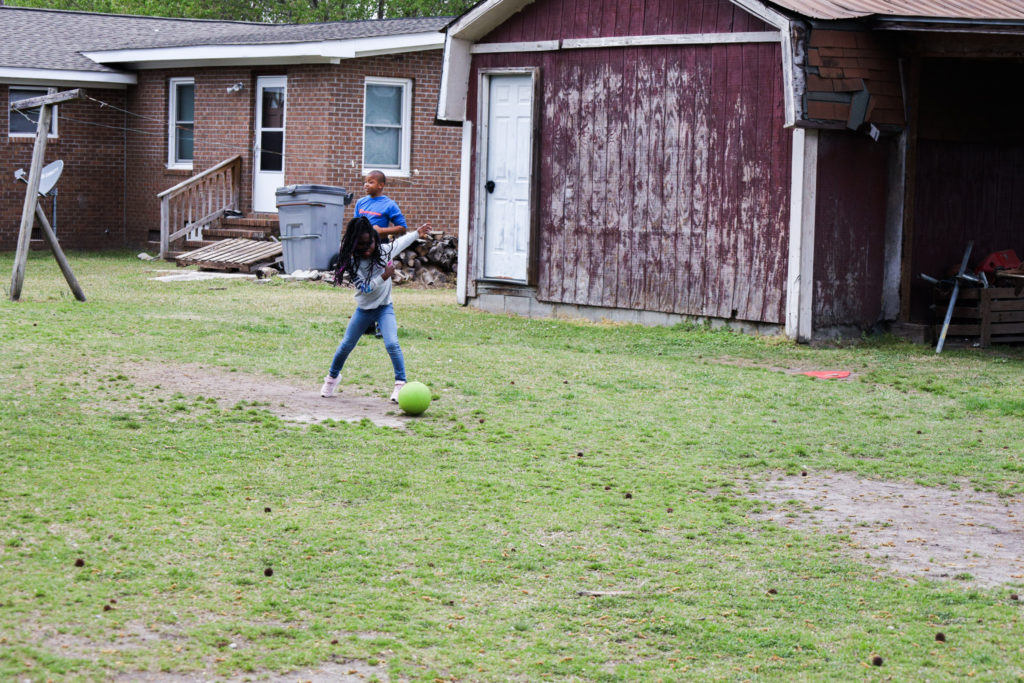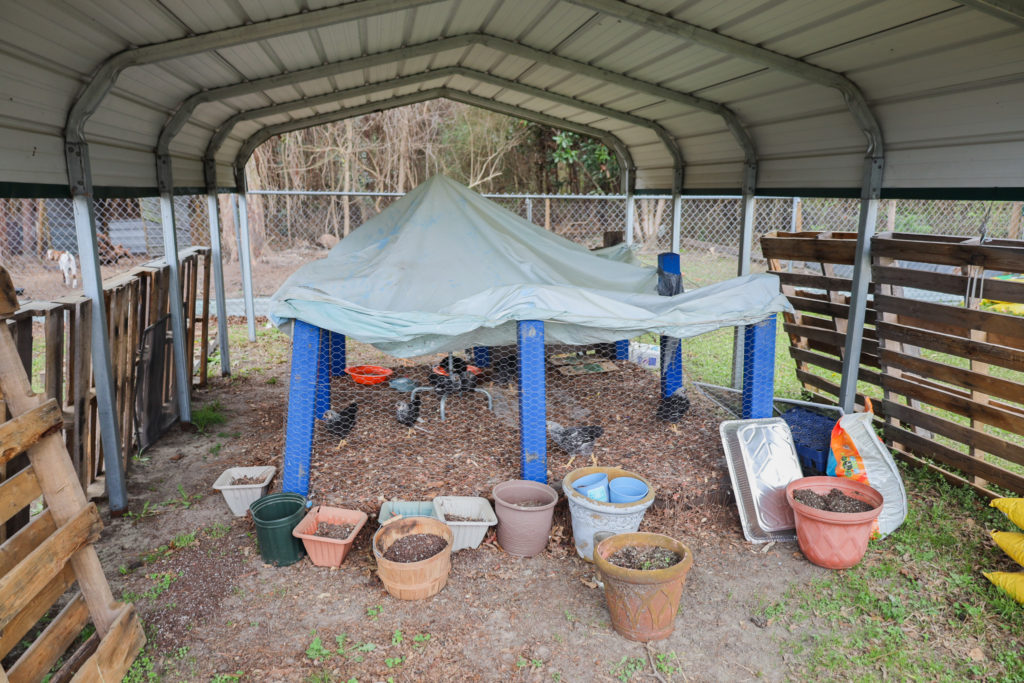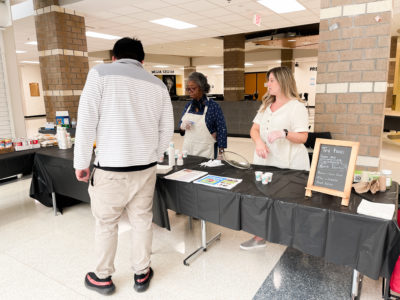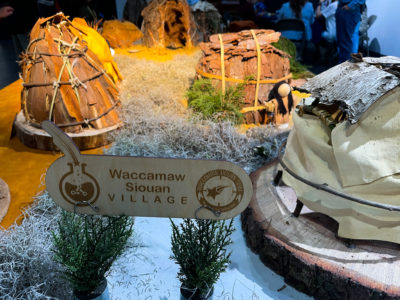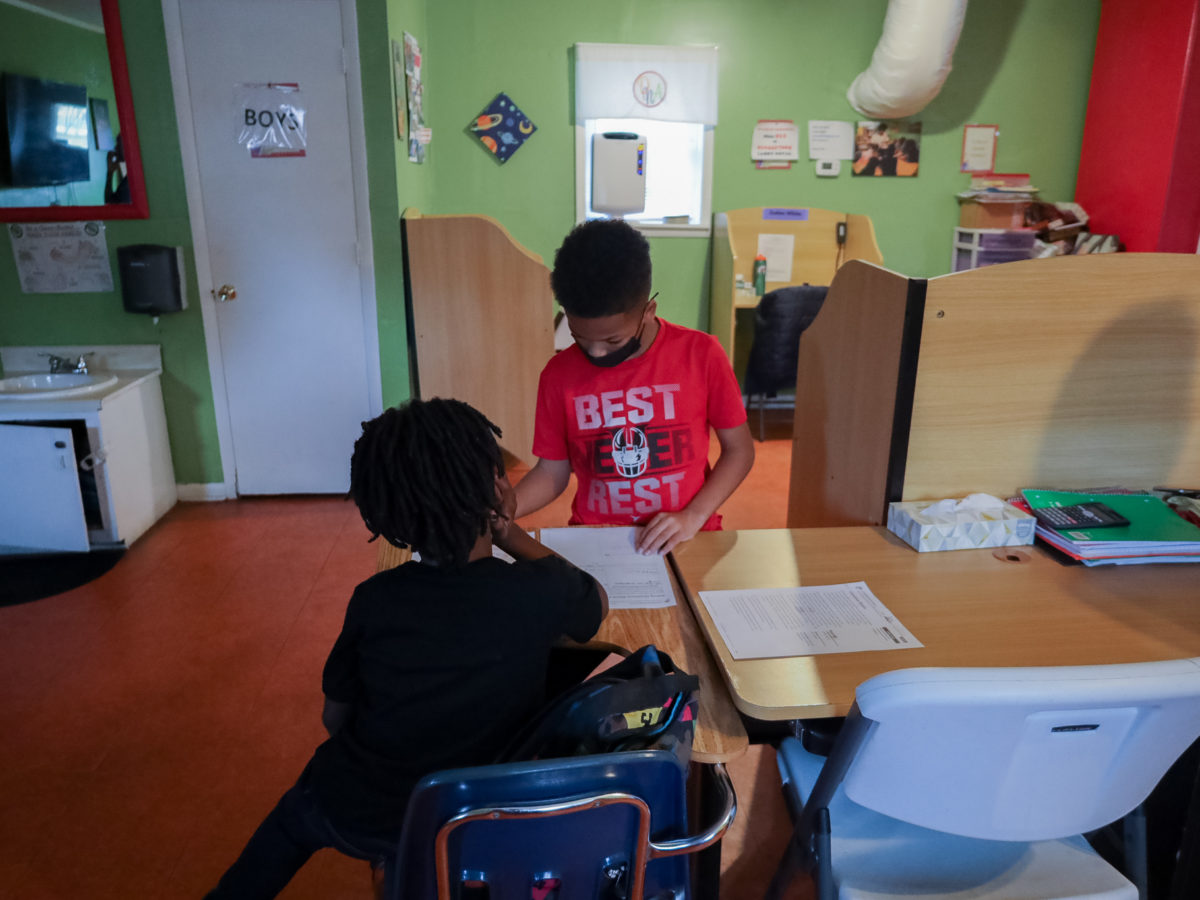

Share this story
- "I want to save my community and if I don't save all of them — if I don’t save but one — it's worth it." Find out how this rural nonprofit is helping students in Duplin County.
- Diversity Nurtures Achievement Youth Center aims to be a resource for Duplin County. Find out how it leverages its partnerships to have a lasting impact.
Founded in 2014, Diversity Nurtures Achievement Community Youth Center (DNA) provides after-school enrichment for students and also offers a structured learning program during the day for at-risk students and those struggling in traditional academic settings. Located in Warsaw, DNA acts as a much-needed resource for Duplin County.
“I’m here by choice because I could do different,” said Earlean Rivers, the founder and director of DNA. “But I want to save my community, and if I don’t save all of them — if I don’t save but one — it’s worth it.”
Each week, 30 students visit the small, nearly 100-year-old building, located just outside of the Warsaw city limits. Students have a snack, complete their homework, and then make a beeline outside. The vast adjoining yard offers a variety of activities for students to choose from, including a garden, farm animals, and a swing set. On warm days, Rivers and her staff organize a game of kickball.
Exposing students to new experiences
For Rivers, DNA is all about providing resources to students that they may have not had access to otherwise. According to the N.C. Department of Commerce, Duplin County is 86.5% rural, so Rivers has made it her mission to expose students to all that she can.
“I really want to make a difference,” Rivers said. “A lot of times kids in other financially stable areas — they’re exposed to a whole lot more than our kids get here. I really try to expose our kids to some experiences that normally they wouldn’t get if they weren’t here in this setting.”
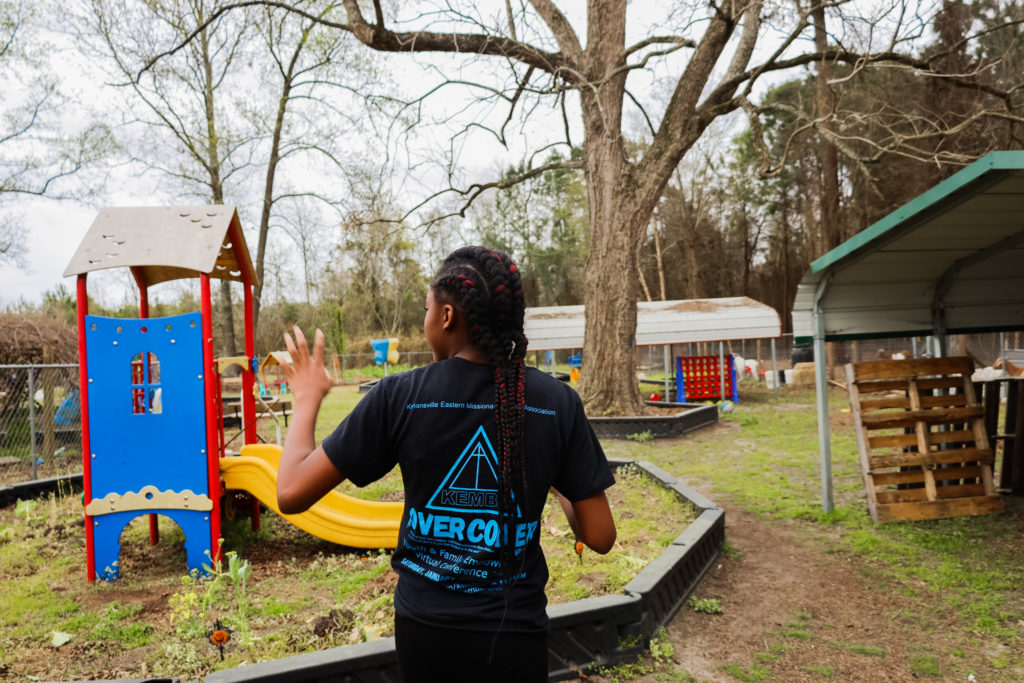

Despite living in a rural county, Rivers has found that many of her students haven’t been exposed to all that the area has to offer. Some of her students have never seen an animal up close and others are surprised to learn that fruits and vegetables can be grown in their very own backyards.
“We want to show the kids that everything doesn’t come from a grocery store,” Rivers said. “A child said, ‘You know what? Even with a pandemic or storm, we can still eat.’ That is the key.”
With the help of grants from UNC SNAP-Ed and North Carolina A&T University, Rivers has been able to start and maintain gardens at her facility. Representatives from UNC SNAP-Ed also visit Duplin County to help Rivers conduct monthly community circles – a time where county residents can discuss needs in the community and determine how they can make changes.
Expanding students’ outlook also includes working closely with the Duplin County Cooperative Extension to provide a 4H Club. In 4H, the students participate in hands-on projects that help them develop life and leadership skills, including the 4H chicken project each year. Rivers takes her 4H Club to the Kinston Livestock Arena, where students participate in the Jr. Livestock show and sale.
Extending academic opportunities
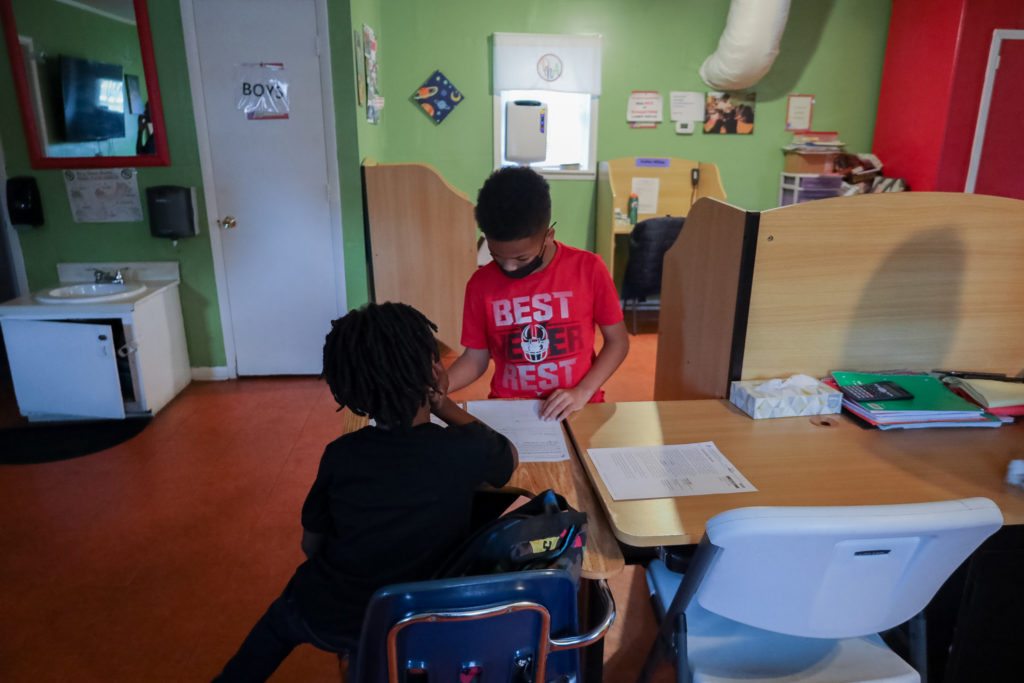

But, first on DNA’s list of priorities is improving academic opportunities for students, including partnering with teachers when needed. For some students, this means that DNA staff provides extra support and tutoring after school. For others, it means that DNA is a second chance to get their futures on the right path.
“If they’re having a problem with one particular child, they will let us know,” Rivers said.
Teachers – typically in the Duplin County Schools district — often send home textbooks and extra work so that Rivers and her staff can provide additional help to students in need.
In Duplin County, only about 14% of residents over the age of 25 hold a bachelor’s degree. Rivers is determined to do her part in uplifting students in her county through DNA.
Each day from 8:45 am to 1:30 pm, DNA offers a structured learning program. This day program is typically for at-risk students, students who have been suspended or expelled, and even students on probation. Often students in the foster care system who are unable to immediately enroll in school will participate in this program as well.
There are two other staff members there during the days, including a certified teacher. Rivers said that this small, one-on-one environment allows students to thrive. She said students in the structured learning program see academic improvements but also changes in their attitudes and personalities.
She sees “troubled” students on probation or suspension soften as they grow accustomed to the welcoming environment.
“But these gangbangers and bad kids, I don’t see that child here,” Rivers said.
Students are placed in this structured learning program by Duplin County Schools, parents, and Juvenile Crime Prevention Council. From there, students work in a small setting with DNA staff indefinitely – typically until they are authorized to return to school. Rivers said it is providing an environment of mutual respect that allows students to thrive.
Creating meaningful partnerships
DNA charges families $40 per week. For Rivers, providing a safe place in her community is more important than the money she receives. Instead, she receives grants and funding through outside resources.
The Food Bank of Central & Eastern North Carolina supplies food for the program, eliminating a major cost for Rivers. During the summer, the representatives from the food bank visit DNA and provide cooking classes.
Resourceful Communities, an arm of the Conservation Fund, provides funding for DNA. Resourceful Communities has helped Rivers and her team develop their grant writing and fundraising capacity, while also providing stipends for interns during the summer months. In the summer, Resourceful Communities also provides an opportunity for DNA students to visit STEM-focused summer camps.
Local partners include the Foundation of Vidant Duplin, which provides resources for education about the benefits of healthy eating and regular physical activity. Villari Food Group and Smithfield Foods support students and DNA facilities as needed.
For Rivers, partnerships allow her to expand the scope of DNA’s work and make a tangible difference in her community.
“I feel that you should take care of home,” Rivers said.


